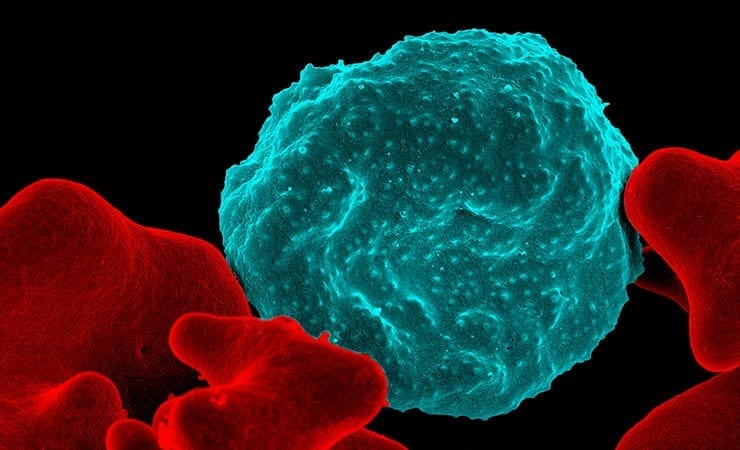The Experimental Therapeutics (ET) Branch of the Walter Reed Army Institute of Research (WRAIR) focuses on the development of new drugs to prevent and treat malaria, leishmaniosis, antibiotic-resistant bacteria, and other infectious disease threats to US Service members.
The ET branch is currently attempting to develop anti-malaria prophylactic drug infused implantable matrices that have sustained release.
On behalf of WRAIR, the U.S. Army Medical Research Acquisition Activity (USAMRAA) has announced intentions to negotiate a sole source contract with the Southwest Research Institute for the production of customized subdermal implants with a specific combination of a drug of choice and ethylene-vinyl acetate (EVA) copolymer using the patented technology ProNeura.
The combination of atovaquone/proguanil (Malarone®) and doxycycline are the only FDA-approved prophylactic drugs for malaria prevention. Because of the relatively short half-lives of the drugs, successful prevention of malaria is highly dependent on compliance with a daily oral dosing regimen.
The FDA approved long-term drug delivery platform, ProNeura, is a matrix of EVA which is readily available to modify this drug administration schedule. By incorporating long term release of FDA-approved antimalarial drugs in a drug matrix of EVA, drug rods can be implanted in service members, which frees the deployed service members from adhering to a daily oral drug dosing schedule and should protect from malaria for the entire deployment after implant insertion.
The combination of atovaquone/proguanil and doxycycline in subdermal implant form will be tested for long-term prophylactic efficacy to replace the current orally administered drug regimens.
Source: FBO.gov
See also:


